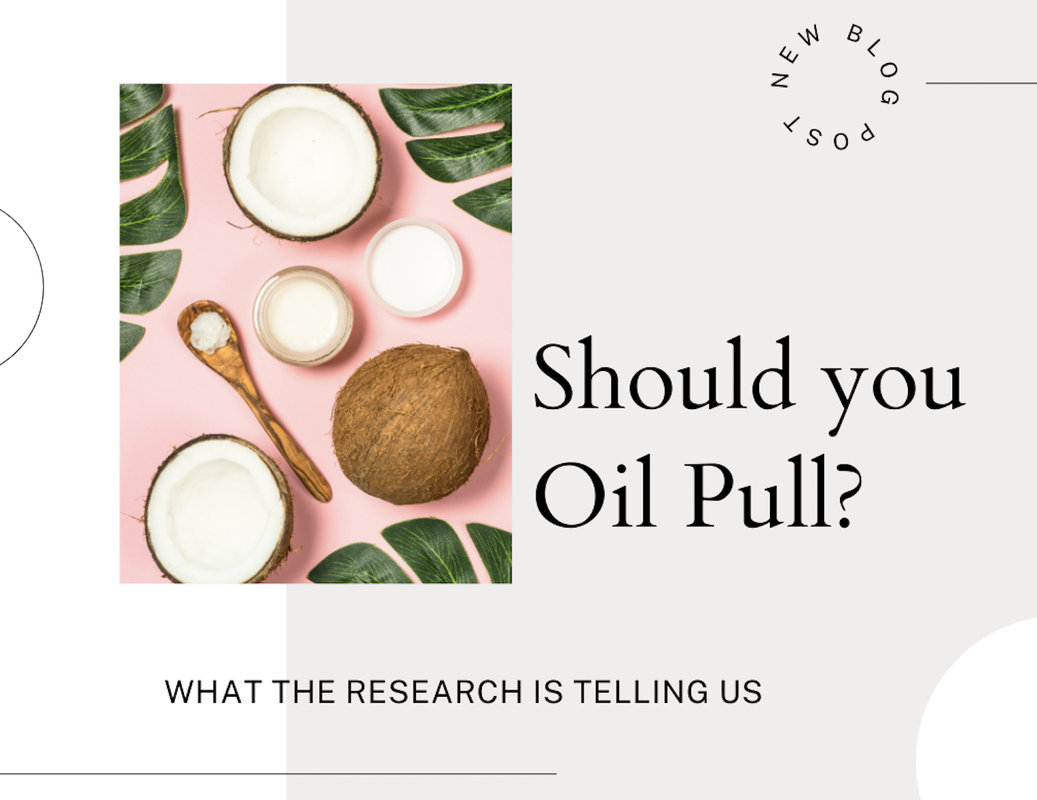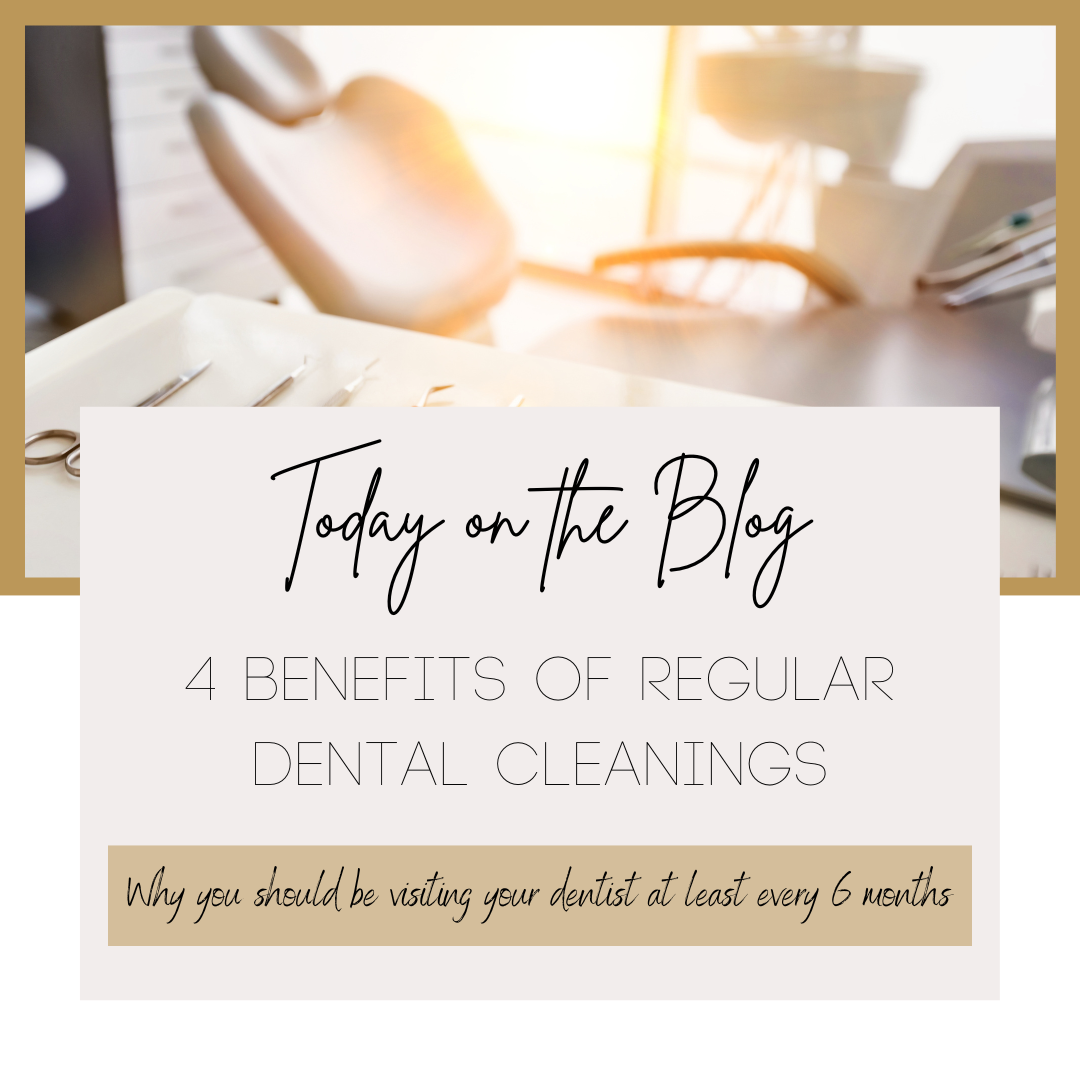|
Perhaps its the Baader-Meinhof phenomenon or perhaps our society is obsessed with having healthy, bright teeth; but it seems I can't live a day without hearing of a new fad for our oral healthcare. Today's topic: Oil Pulling. Should we do it? Does it work? Could it be harmful?
Let's start by letting you all know that oil pulling WILL NOT cure cavities. But it certainly has been a hot topic in regards to its benefits in improving oral health. Limited research sows that oil pulling (when done regularly) can be beneficial as an adjunct to regular oral hygiene habits to reduce plaque and cavity causing bacteria. (Regularly means swishing coconut oil daily for 20 minutes at a time). However, it should not replace traditional dental therapies and is not recommended by the American Dental Association. It is important to note that there are no natural remedies at this time to cure cavities that have expanded beyond the enamel the tooth into the dentin. Oil pulling must be researched more extensively before dental providers can recommend this therapy to our patients. At this time, stick to our proven formula to optimal oral health: * Brush 2x/day with an electric toothbrush * Use toothpaste that is SLS free, non-acidic, non-abrasive & ideally contains fluoride * Use a mouth rinse that is non-acidic, alcohol free, & really contains either fluoride, nano silver, & xylitol. * FLOSS at least 1x.day Disclaimer: The opinions of this blog are based on evidence based research conducted in a controlled setting and peer reviewed.
0 Comments
If you're like me, you are constantly on the pursuit for natural & effective ways to optimize health and wellness. When it comes to our dental care, there are so many products, ingredients, & social fades that can truly confuse the whole oral health process. In todays blog, we all discuss xylitol, a natural sweetener found in fruits and vegetables that decreases the prevalence of cavities and gum infection.
Let's first start by discussing the process of cavity formation. Did you know that sugar doesn't cause cavities? It's true! The real culprit of dental cavities is acid. If you think back to your basic sciences, an acid can be defined as anything below a pH of 7. In our mouths, any time our mouth's pH drops below 5.5, we are at risk for developing cavities. So why do we think sugar causes cavities? Truly, any complex carbohydrate can lead to cavities. The process goes like this: We ingest a complex carbohydrate, the bacteria in our mouths metabolizes that carbohydrate and the byproduct is an acid. A biofilm is created and attaches to our teeth and our enamel (or the outer protective layer of our teeth), breaks down and cavity formation can occur. So why is xylitol so wonderful? Firstly, cavity causing bacteria cannot metabolize xylitol and therefore acid will not be a byproduct. Xylitol also increase saliva flow, neutralizes the pH in our mouths, reduces the number of cavity causing bacteria, reduces plate build up, and remineralize (or hardens) our enamel. We can find xylitol in gum, lozenges, mints, candies, mouth rinses and toothpastes! Some of my favorite products are from Elementa elementasilver.com/products/ and Carifree carifree.com/shop/ Are there any down sides to xylitol? Unfortunately yes. Xylitol is very toxic and even lethal to dogs so please be careful and keep xylitol containing products far our of reach from your animals! Any questions? Leave them below! |
Dr. Jenny PernaGeneral dentist with a focus on cosmetics in South Florida Archives
February 2023
Categories |


 RSS Feed
RSS Feed